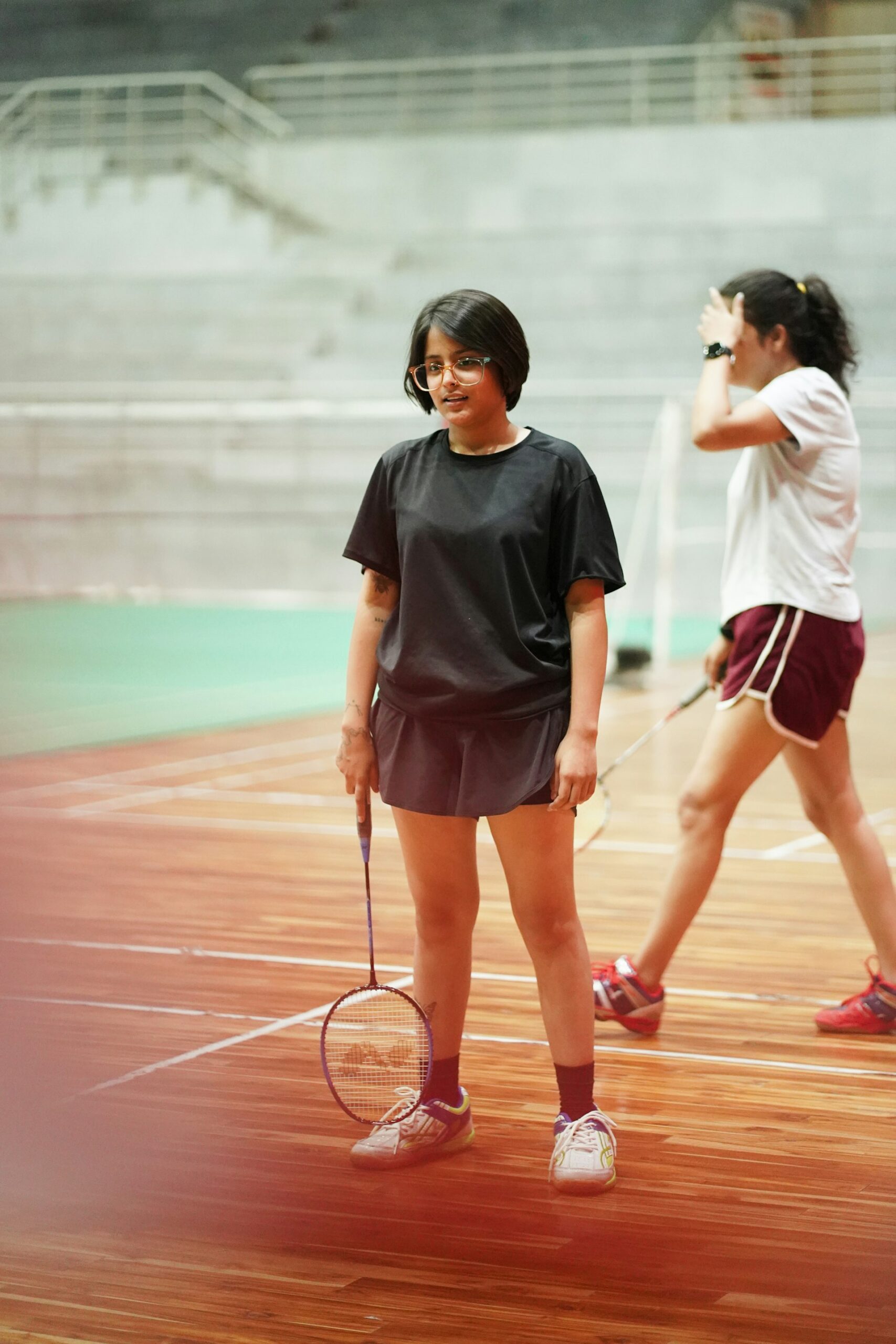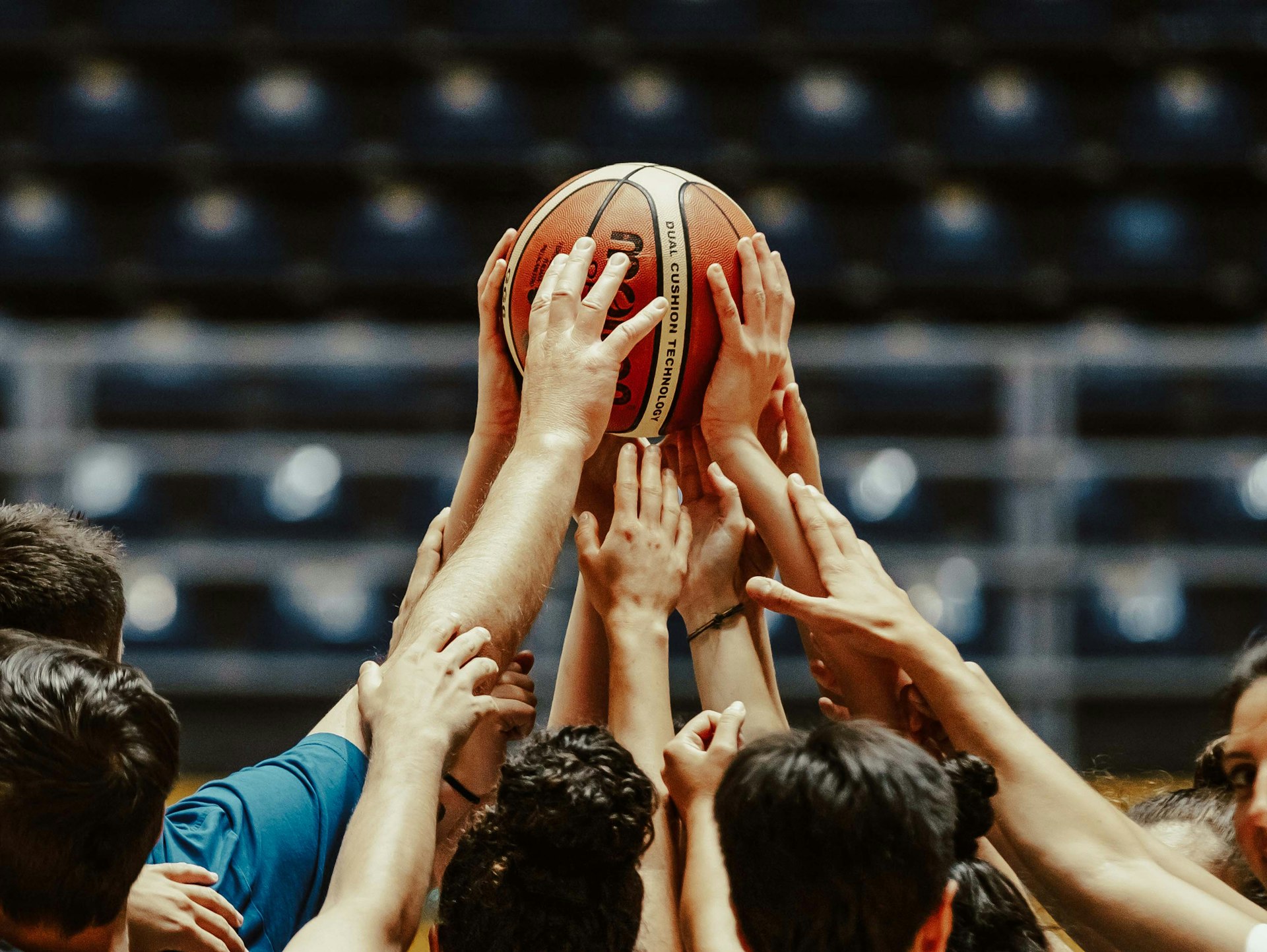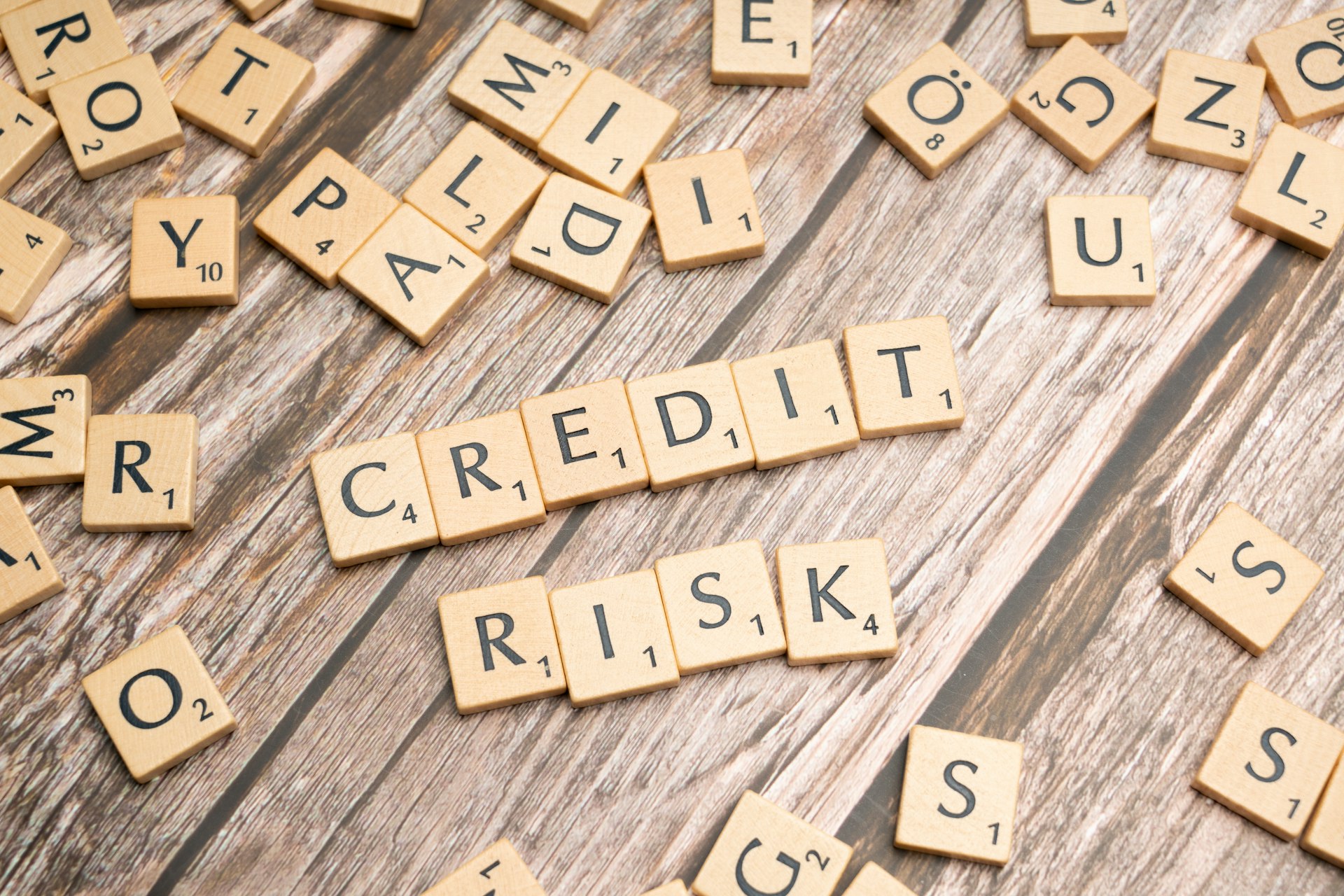Unlocking Peak Performance: A Guide to Psychological Resilience Training for Athletes

Photo by Wolfgang Rottmann on Unsplash
Introduction
In today’s competitive sports environment, the difference between winning and losing often comes down not only to physical skill but also to mental strength. Psychological resilience training has become an essential component for athletes striving to perform at their best, adapt to setbacks, and thrive under the pressures of both practice and competition. This comprehensive guide explores the core elements of resilience training, outlines actionable strategies, and provides clear pathways for athletes and coaches to access these vital resources.
What Is Psychological Resilience in Athletics?
Psychological resilience refers to the mental capacity to adapt positively, recover from adversity, and maintain optimal performance in the face of challenges. For athletes, resilience involves:
- Staying calm under pressure
- Adapting to setbacks and failures
- Maintaining focus on goals
- Harnessing stress as motivation for growth
Research shows that resilient athletes are more likely to overcome injuries, bounce back from poor performances, and sustain long-term engagement in their sport [1] .
Key Components of Resilience Training for Athletes
Effective resilience training programs typically integrate several core psychological skills and approaches. Below, each concept is explained in depth, with practical examples, implementation steps, and alternative methods.
1. Challenge Appraisal and Positive Reframing
Resilient athletes view stressful situations as challenges rather than threats. This mindset encourages proactive engagement and learning from adversity. For example, a runner who sees a tough opponent as a chance to improve-rather than as a source of anxiety-will approach competition with confidence.
To develop this skill:
- Practice reframing negative thoughts into opportunities for growth
- Use journaling to reflect on setbacks and identify valuable lessons
- Engage in regular, guided discussions with coaches or sports psychologists
Alternative approaches include structured group debriefs after competitions and cognitive-behavioral exercises led by qualified professionals [2] .
2. Mental Skills Training: Visualization, Self-Talk, and Goal-Setting
Core mental skills like visualization (imagining successful performances), positive self-talk (using affirming statements), and goal-setting (establishing clear, attainable objectives) are foundational to resilience. These techniques help athletes maintain focus, build confidence, and regulate emotions during high-pressure moments.
Implementation steps:
- Schedule daily or weekly visualization sessions, mentally rehearsing key skills or routines
- Develop a list of positive self-talk phrases to use before and during competitions
- Set specific, measurable goals and track progress regularly
Many athletes and teams incorporate these practices into pre-game routines and team meetings. Sports psychologists can tailor these exercises to individual needs [3] .
3. Mindfulness and Relaxation Techniques
Mindfulness and relaxation strategies, such as deep breathing, meditation, and guided imagery, help athletes stay present and manage anxiety. These skills improve concentration and allow athletes to recover quickly from mistakes.
To implement mindfulness:
- Integrate mindfulness meditation into warm-up and cool-down routines
- Use guided breathing exercises before critical events
- Encourage athletes to practice body scans or progressive muscle relaxation at home
Youth athletes, in particular, benefit from simple techniques like visualization and deep breathing, which can be taught by coaches or with the support of sports psychologists [4] .
4. Social Support and Team Culture
Athletes thrive in environments where they feel supported by teammates, coaches, and family. Building a strong team culture that values open communication and mutual encouragement is vital for psychological resilience.
Steps to foster social support:

Photo by Ellis Lee on Unsplash
- Host regular team-building activities that emphasize trust and collaboration
- Create channels for open dialogue about mental health and challenges
- Encourage peer mentoring among athletes
Teams that prioritize psychological safety are better equipped to handle adversity and bounce back from setbacks [2] .
How to Access Psychological Resilience Training
There are multiple avenues for athletes, parents, and coaches to access resilience training resources:
1. Working with Sports Psychologists
Certified sports psychologists offer individual and group sessions tailored to athletes’ unique mental challenges. To find a credentialed professional, consider searching the American Psychological Association’s Division 47 (Society for Sport, Exercise & Performance Psychology) directory, or ask your coach or team doctor for referrals.
Some universities and sports organizations provide access to sports psychology services. Contact your athletic department or local sports medicine clinic to inquire about available programs.
2. Attending Workshops and Seminars
Workshops on sports psychology and resilience are offered by many community centers, athletic clubs, and national sports federations. These events cover practical mental skills and keep athletes up-to-date on the latest techniques.
To locate workshops:
- Check your sport’s national governing body or association website for upcoming events
- Search for “sports psychology workshops” in your region
- Inquire with your local sports medicine clinic or university athletic program
3. Online Resources and Self-Guided Programs
Many reputable organizations and sports psychologists offer online guides, videos, and workbooks for self-directed resilience training. While it’s important to verify the credentials of any resource, you can:
- Look for materials published by established sports psychology associations
- Read peer-reviewed articles and evidence-based guides
- Use search terms such as “mental resilience training for athletes” or “sports psychology exercises” to find programs with positive reviews and professional endorsements
4. Integrating Resilience Training into Team Practice
Coaches and trainers can embed resilience-building exercises in regular practice sessions. This includes:
- Adding mental skills drills to warm-ups
- Setting aside time for group reflection and discussion after competitions
- Partnering with sports psychologists to design customized team programs
When implementing these initiatives, it’s important to assess each athlete’s needs and adjust the approach accordingly [3] .
Common Challenges and Solutions
Even with the best intentions, implementing resilience training can face obstacles:
- Stigma around mental health: Encourage open conversations, share success stories, and provide education on the benefits of psychological training.
- Resource limitations: Utilize free or low-cost online materials and integrate mental skills work into existing coaching sessions.
- Individual differences: Tailor strategies to the unique needs, age, and experience level of each athlete. Regularly solicit feedback and adjust plans as necessary.
Alternative Approaches to Building Resilience
While traditional methods are effective, some athletes may benefit from alternative or complementary approaches:
- Stress inoculation training: Gradually expose athletes to simulated stressful situations in controlled environments to build confidence and coping capacity [1] .
- Peer support programs: Encourage athletes to share experiences and strategies for overcoming adversity.
- Technology-enhanced training: Some apps and digital platforms offer mindfulness, visualization exercises, and mood tracking to support athletes remotely.
Getting Started: Step-by-Step Implementation
- Assess current resilience levels through self-reflection or with a coach or psychologist.
- Identify specific mental skills to develop , such as focus, emotional regulation, or stress management.
- Set measurable goals for both performance and personal growth.
- Integrate mental skills training into daily routines , starting with short, consistent practices.
- Monitor progress and adjust techniques according to feedback and results.
- Seek support from professionals, teammates, or online communities as needed.
Athletes and coaches who commit to this process often report improved performance, greater satisfaction, and enhanced enjoyment in their sport [5] .
Conclusion
Building psychological resilience is a journey, not a destination. By integrating proven mental skills, seeking out expert support, and fostering a supportive environment, athletes at every level can unlock their full potential. If you are interested in resilience training, consider reaching out to a certified sports psychologist, attending a local workshop, or integrating mental skills exercises into your daily routine. With dedication and the right resources, resilience is an attainable asset that will serve athletes both on and off the field.
References
- [1] Gupta, S. et al. (2022). The sporting resilience model: A systematic review. PMC.
- [2] Relational Psych Group (2024). How to Have the Psychological Resilience of Olympic Athletes.
- [3] The Performance Pursuit Consulting (2025). 3 Mental Skills to Build Resilience for Athletic Success.
- [4] The Mental Game (2025). How Sports Psychologists Build Mental Resilience in Youth.
- [5] UMMS Health (2024). Sports Psychology: Unlocking Mental Resilience for Peak Performance.
MORE FROM pulsefusion.org













